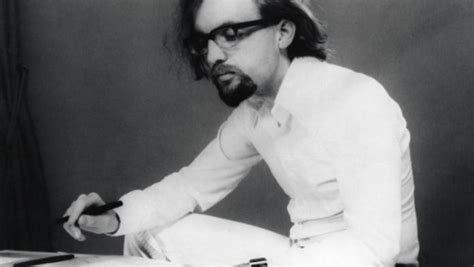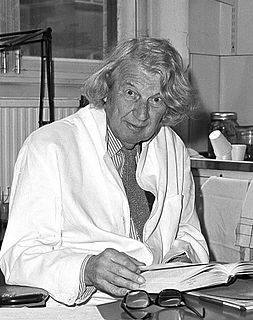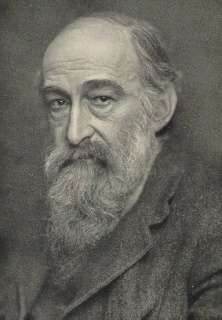A Quote by Brian Ferneyhough
In any case, the fewer boundaries that exist hindering free movement between all forms of articulate human cognition, the better.
Quote Topics
Related Quotes
The Truth doesn't need your cooperation to exist. All forms of cult, all forms of hype, all forms of delusion do require your participation in order to exist. I've looked into marginal areas of human experience -historical and otherwise- with a rational mind, and what I've found is that doorways into the miraculous are far fewer than the publicists of the New Age would have us believe. On the other hand, they are not as rare as the proponents of radical reductionism and materialism would have us believe. There are doorways out of the mundane.
To be 'for animals' is not to be 'against humanity.' To require others to treat animals justly, as their rights require, is not to ask for anything more nor less in their case than in the case of any human to whom just treatment is due. The animal rights movement is a part of, not opposed to, the human rights movement. Attempts to dismiss it as anti human are mere rhetoric.
There is a case for saying that the creation of new aesthetic forms has been the most fundamentally productive of all forms of human activity. Whoever creates new artistic conventions has found methods of interchange between people about matters which were incommunicable before. The capacity to do this has been the basis of the whole of human history.
Intuitive cognition of a thing is cognition that enables us to know whether the thing exists or does not exist, in such a way that, if the thing exists, then the intellect immediately judges that it exists and evidently knows that it exists, unless the judgment happens to be impeded through the imperfection of this cognition.
In less than a century we experienced great movement. The youth movement! The labor movement! The civil rights movement! The peace movement! The solidarity movement! The women's movement! The disability movement! The disarmament movement! The gay rights movement! The environmental movement! Movement! Transformation! Is there any reason to believe we are done?
The "environmental movement" is becoming an economic movement, is joining the social justice movement, is becoming a sustainability movement. It's leaving behind the "People's Needs versus Nature's Needs" conflict in favor of making the case for environmental health as the essential underpinning of prosperous and stable human civilization.
There is a culture of corruption in many parts of the Mexican media, of course. It seems that there are fewer and fewer media outlets that permit authentic free expressions. But Mexico also has extraordinary journalists who, despite the dangers they face, have also been leading the way in this battle, who've really played a role in keeping the cause of justice alive in the Ayotzinapa case. And no matter what, they'll keep doing that.








































